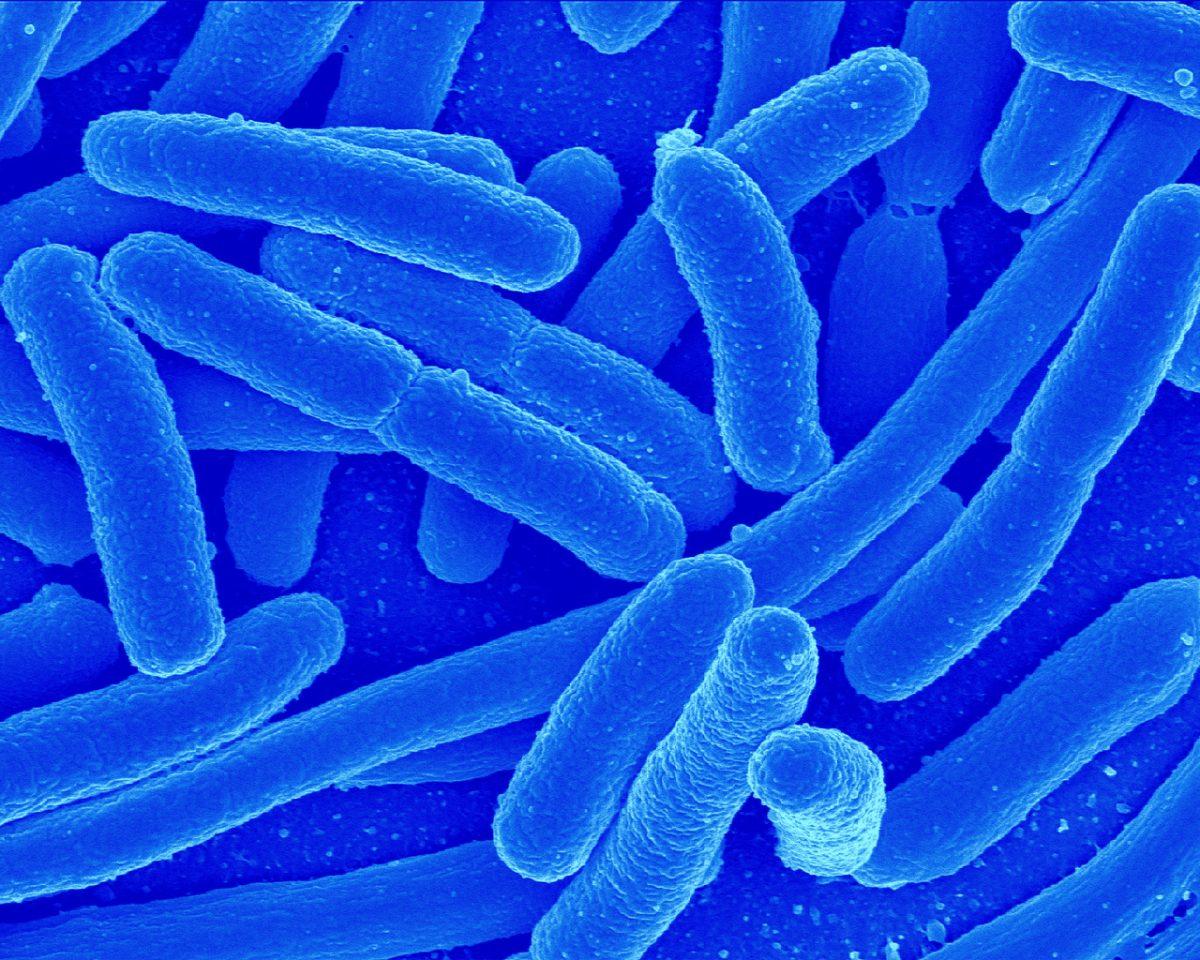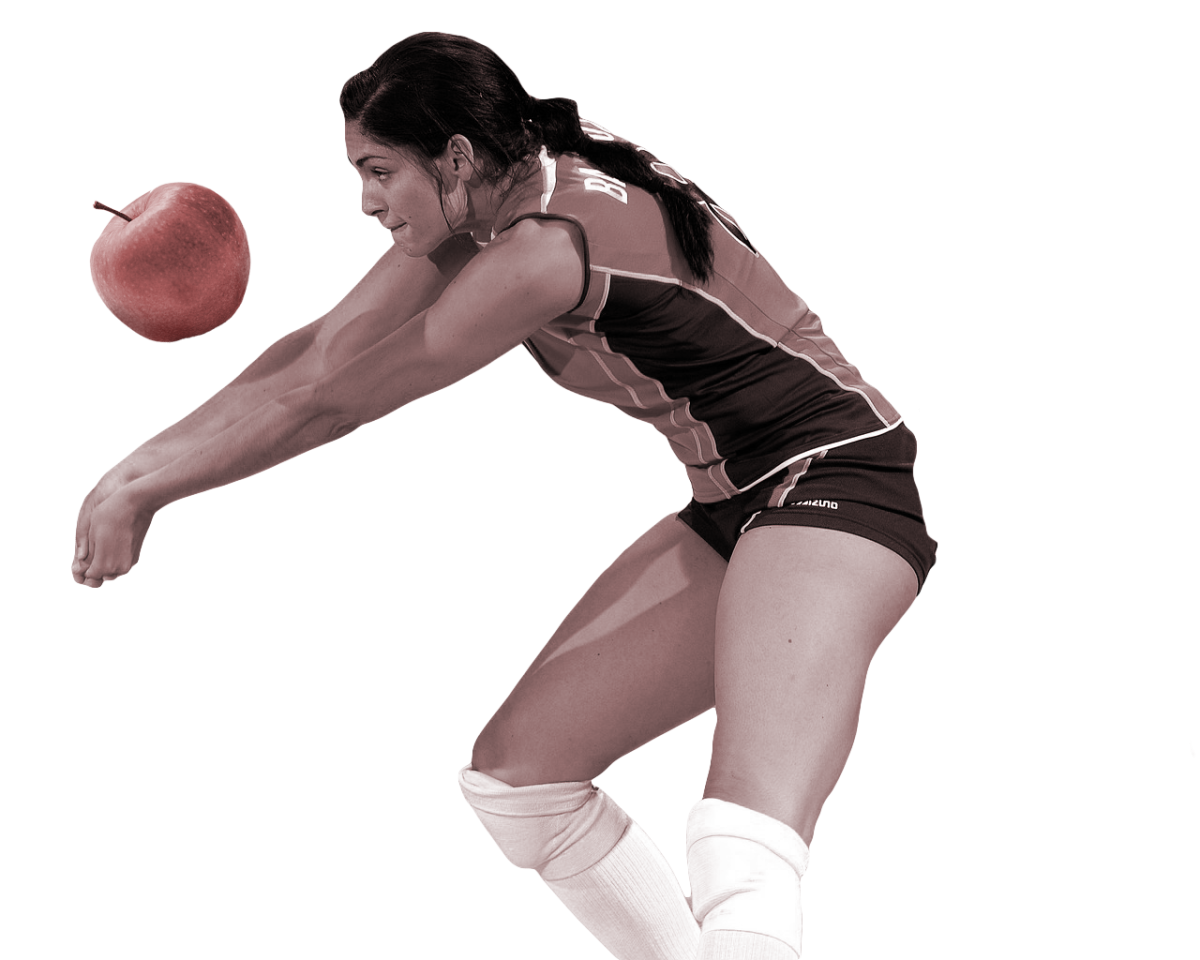Let’s face it: germs are everywhere. You may not be able to see them, but they exist in everything you touch, eat, and even breathe! Not all bacteria are bad since, after all, millions of bacteria live inside our bodies, but there are many that cause serious infections. Most people have the false impression that just because it doesn’t look dirty, it’s clean and germ-free. Unfortunately, this mindset, along with failure to wash your hands, leads to one of the biggest ways of spreading illnesses.
There are several objects and places that most students wouldn’t even consider as being infested with germs, so think again the next time you feel like touching or doing one of these things:
Eating food off the tables at GDS. You’re about to pick up the very last French fry on your plate. You can’t wait to indulge in its golden brown deliciousness, when you accidentally drop the fry on the table. “Five second rule,” you think to yourself, and you grab the fry off the table and eat it. Even though the GDS workers do a great job cleaning the tables, it’s better to be safe than sorry. You never know if the person who sat at that table right before you wiped his snot there.
Touching door handles inside the bathroom. Doorknobs in general are full of germs, but bathroom doorknobs are the worst. Why? Some people “forget” to wash their hands after using the bathroom, and then go on to touch the doorknob with their dirty hands. After drying your hands with a paper towel, instead of throwing it out right away, use that same paper towel to open the doorknob. Another alternative if you’re wearing a sweater or a long-sleeved shirt is to use your sleeve to open the knob.
Laying your head on your desk in the classroom. Sure, three hour night classes can cause even the most studious students to doze off, but your desk may not be the best place to fall asleep. Just like the tables in GDS, you never know what the student who sat at that desk before you did. And believe it or not, desks have 400 times more bacteria than a toilet seat. Try not to touch any part of your face while you’re in class. Also, try to avoid placing things on your bed that have touched your classroom desk, like textbooks and notebooks.
Thinking that the laundry room is clean. You may visit the laundry room to wash your clothes and sheets, but it is actually full of germs. According to a report by Care2, “there’s poop in your laundry”. About 0.1 gram of fecal matter is in your underwear, so imagine how much bacteria there is in every load! Use hot water to clean your clothes, and avoid letting your laundry sit wet. Not only is it common courtesy to remove your load as soon as the wash is over, but this also reduces the chance for germs to multiply.
Not realizing how dirty your cell phone is. Cell phones come in constant contact with your hands and face, and when they warm up with your body heat when you put them in your pocket, the germs will multiply even more. Still don’t think it’s a big deal? In a test conducted by microbiologist Chuck Gerba, staph bacteria was found growing on almost half of the phones tested. Avoid sharing your phone with others, and wipe it down with anti-bacterial wipes every now and then.
It’s impossible to avoid germs altogether, and no, not all germs are bad for you, but by making a habit of these practices and frequently washing your hands, you’ll be well on your way to leading a much healthier and cleaner lifestyle.
by Briana Mancenido





























